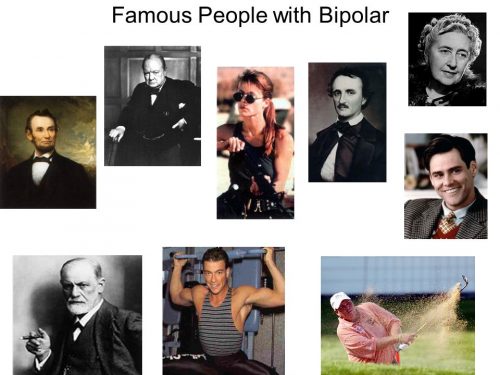Some people may just be savvy enough to put in place a cure-all “quick fix” for a problem, but there are exponentially more people who know that the “magic bullet” is seldom the first one fired from their toolbox of solutions. — Suzanne Degges-White Ph.D.
Researchers found the link between genius and mental disorders, and many of the scientists of all time are often the hardest geniuses to be diagnosed.

In the recent years of research, the link between genius and disorders are within reach. Psychoanalysts, psychiatrists, and psychologists have argued that genius and madness are concealed to neurological disorders.
Up to this date, experts use philosophical theories in studying disorders. The father of medicine Hippocrates (460-337 BC) has offered a lot to modern society in this field of studies. He theorized that the brain is the organ in charge of mental functions, disturbances, and disorders. On the other hand, the great philosopher Aristotle wrote, “There is no great genius without some touch of madness.”
Some individuals in our world today can flip the side of the coin or use their strength despite the madness, which gives them a different kind of self-awareness and profound understanding. High functioning people also have disorders that direct them to the creation of a masterpiece much like what we have in our museums and art fares. If you want to know more about high-functioning disorders, check out BetterHelp.
- Vincent Van Gogh, one of the most successful and influential artists of all time has a severe mental illness that causes him to have panic attacks and manic disorder in dinners. His illness also led him to become overly addicted to alcohol. One of his paintings has a tragic story that he cut his ear after finishing it. We see and call it today as Vincent Van Gogh’s “Self-portrait with bandaged ear,” painted in 1889.
In its most severe form, a person cycles between the opposite poles of depression and mania (“bipolar I disorder,” according to the diagnostic manual). — Jonathan Shedler Ph.D.
- Edgar Allan Poe, a 19th-century writer who suffered from manic depression or bipolar disorder, said, “Men have called me mad, but the question is not yet settled whether madness is or is not the loftiest intelligence…”

- From age 13, Virginia Woolf, a literary giant, had shown symptoms of bipolar illness. The disorder was strongly related to family background, and like most authors, her character was an extension of her. The euphoric experiences she went through and the incredible creativity of the disorder caused her to write unbelievable literature in the modern era. The condition allowed her to become the best writer in her generation.
- Winston Churchill, a prominent leader in World War II, referred his prolonged major depression as “Black Dog.” He was known to create something beautiful out of the worst events in his life. He published 43 books during the World War and went to win a Nobel Prize in Literature in 1953.
These are a few of the most famous people who suffered from bipolar disorder, who had proven that mental illness is never a hindrance to achieving success.
Losing momentum is human; quitting on ourselves because the realities of success take some getting used to is a crying shame.— Mitchell Milch, LCSW
You may be suffering from the earliest signs of the illness which perhaps has perked your interest when you read this article. Remember that any of those symptoms can’t ever be an obstacle but instead a way to enhance your capabilities and to bring the best out of what you are feeling now. Consider these as lessons from the past, these renowned people who like you think the same way about life and how their mood and way of thinking is affecting them. Besides, it is all about perspectives.
You are not alone in your journey. BetterHelp is on the same page as you, willing to guide you through and gently lead you out of your melancholic life, and assist you to be successful in the field that interests you.